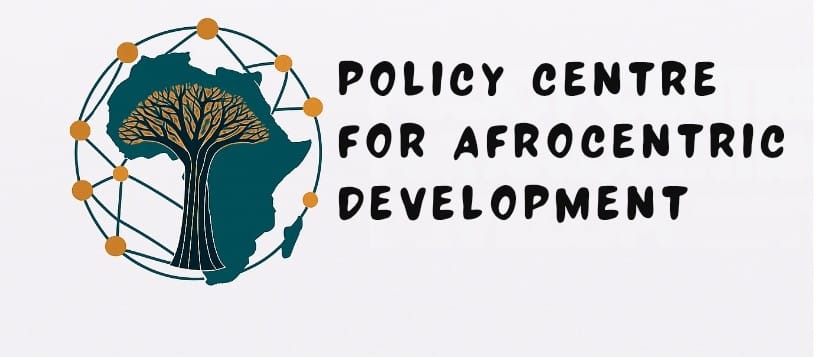Why It’s Important
Many African countries continue to be governed by inherited or imported legal frameworks and institutional arrangements that do not reflect local realities, cultural values, or social aspirations. These laws and institutions often fail to deliver on their promises for several reasons:
They are based on colonial-era considerations: Many laws and institutions are remnants of colonial systems designed to control and extract, not to serve the people. These frameworks are often disconnected from the daily lives, customs, and values of African societies, resulting in policies that exclude rather than empower.
They have weak policy foundations: Legislation is only as effective as the policies that inform it. When laws are not grounded in sound, evidence-based policies that reflect local needs and realities, they become disconnected from their intended objectives.
They are characterised by complex processes and unclear institutional mandates; Laws in many African countries often establish unclear processes with complex, and sometimes contradicting procedures that lead to higher discretion of public authorities and enable corruption and rent-seeking. Similarly, some legislative frameworks establish institutions with overlapping mandates, which often leads to disputes over roles that undermine service delivery. Consequently, such laws make compliance difficult and encourage people to operate outside of them thereby creating a shadow/informal system.
They are ambiguous and poorly drafted: Even well-intentioned laws can fail due to ambiguity, poor drafting, and unclear language. Effective legislation must be precise, coherent, and easily understood by both the public and the institutions responsible for enforcement.
They do not factor in implementation capacities: Effective laws must account for the financial resources, coordination mechanisms, bureaucratic functions, and enforcement capacities required for their successful implementation. Simply drafting legislation is not enough—its practical application must be considered from the outset, ensuring that the necessary institutions, funding, and human resources are in place to support its objectives.
Why Partner With Us
Place African Interests at the Center
We ensure that legal and institutional frameworks reflect African histories, cultures, and aspirations, challenging inherited governance models that prioritize control over service.
Connect the Dots Across Systems
We recognize that because economic, social, and environmental systems are interconnected, laws meant to further an objective in one sphere, might have unintended impacts on others. Our work thus seeks to identify both synergies and trade-offs within the legal system.
Take a Structural Approach
We uncover what lies beneath ineffective legal and institutional frameworks. Our work unravels the historical legacies, economic structures, and other contextual factors that shape governance systems.
Embrace Interdisciplinarity
Our legal work integrates multiple perspectives to produce comprehensive, systems-oriented analysis. We do not just study laws and institutions in isolation but consider the broader social, economic and political environments in which they operate.
Promote Collaborative Knowledge Creation
We believe that effective institutions cannot be built without the active participation of the people they are meant to serve. We work alongside communities, civil society, and policymakers to co-create institutional solutions that are contextually relevant and socially impactful.
Schedule a call
Our Offerings
- Rather than transplanting models from outside, we support the establishment of laws and institutions that reflect the cultural, economic, and social realities of African societies.
- We advise on how to promote human rights, advance social justice, and empower marginalized groups through legislation.
- We assist law-makers to consider the financial and human resources required for implementation of legislation.
- We advise partners to design laws and institutions that reduce complexity, bureaucratic gaps and overlaps as well as advise on improving precision, clarity, and coherence of legislative language.
Stay Ahead.
Subscribe for Expert Insights.
You can unsubscribe at any time using the link in the footer of our emails.
